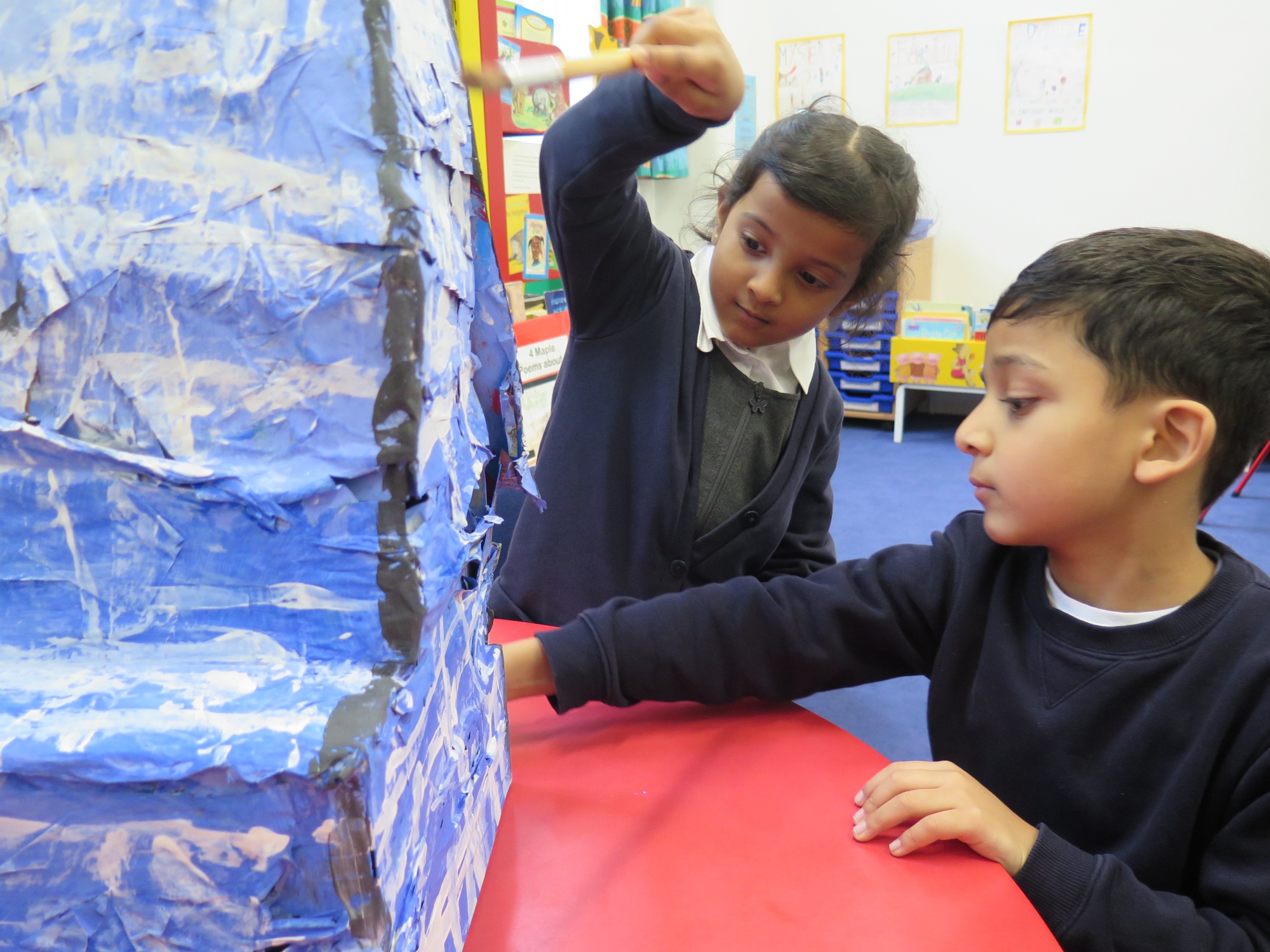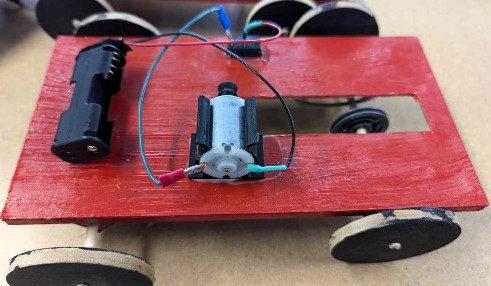Design and Technology

Our Design and technology scheme of work enables pupils to meet the end of key stage attainment targets in the National curriculum for Key Stages 1 and 2. For EYFS, the activities allow pupils to work towards the ‘expressive arts and design’ Development Matters statements and Early Learning Goals, while also covering foundational knowledge that will support them in their further design and technology learning in Key stage 1.
Each year, pupils cover three units of learning in design and technology. Cross-curricular links are included throughout each unit, allowing children to make connections and apply their design and technology skills to other areas of learning. One of these units will be a Cooking and Nutrition unit, with a focus on specific principles, skills and techniques in food, including where food comes from, diet and seasonality.
 The Design and Technology National Curriculum outlines the three main stages of the design process: design, make and evaluate. Each stage of the design process is underpinned by technical knowledge which encompasses the contextual, historical, and technical understanding required for each strand. These four strands are woven through our curriculum.
The Design and Technology National Curriculum outlines the three main stages of the design process: design, make and evaluate. Each stage of the design process is underpinned by technical knowledge which encompasses the contextual, historical, and technical understanding required for each strand. These four strands are woven through our curriculum.
Our Design and Technology curriculum supports pupils to:
- Understand the functional and aesthetic properties of a range of materials and resources.
- Understand how to use and combine tools to carry out different processes for shaping, decorating, and manufacturing products.
- Build and apply a repertoire of skills, knowledge and understanding to produce high quality, innovative outcomes, including models, prototypes, CAD, and products to fulfil the needs of users, clients, and scenarios.
- Understand and apply the principles of healthy eating, diets, and recipes, including key processes, food groups and cooking equipment.
- Have an appreciation for key individuals, inventions, and events in history and of today that impact our world.
- Recognise where our decisions can impact the wider world in terms of community, social and environmental issues.
- Self-evaluate and reflect on learning at different stages and identify areas to improve.

